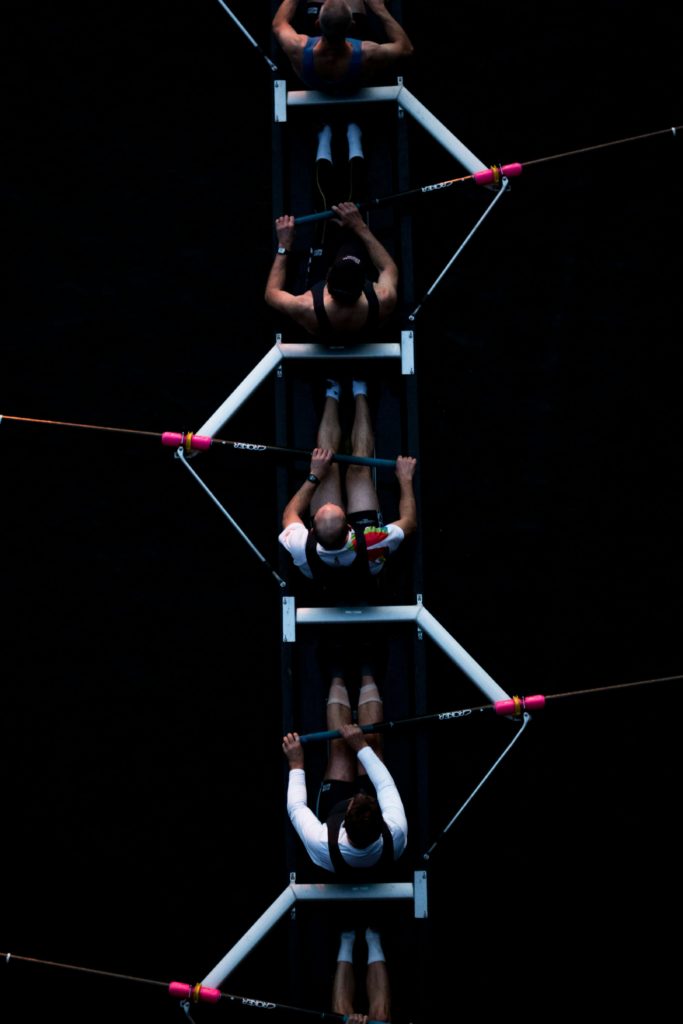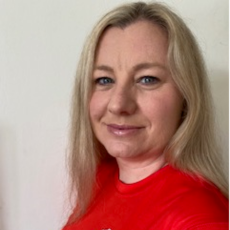By Jude Coe

Photo by Josh Calabrese on Unsplash
In response to the insightful article “Collaborate, Don’t Compete: How the Physiotherapy Profession Can Work Collaboratively with Exercise Professionals” published in Frontline, I am inspired to reflect on the immense potential that lies in fostering a collaborative approach between physiotherapists and other sport and exercise professionals. This synergy can significantly enhance patient outcomes and promote a holistic approach to health and wellness.
The Power of Collaboration
The article rightly emphasises that collaboration, rather than competition, is key to advancing patient care. Physiotherapists and other professionals such as exercise physiologists, strength and conditioning practitioners and sport scientists each bring unique skills and perspectives to the table. Physiotherapists are experts in diagnosing and treating musculoskeletal conditions, while other exercise professionals excel in designing and implementing fitness programs that promote overall health and prevent injury. By working together, these professionals can create comprehensive care plans that address both rehabilitation and long-term wellness.
Enhancing Patient Concussion Outcomes at the University of Birmingham
When physiotherapists and exercise professionals collaborate, patients benefit from a more integrated approach to their care. For instance, at our Movewell Centre physiotherapists can provide a detailed assessment and treatment plan for an athlete recovering from concussion, while a sport scientist can design a tailored exercise program to support the athletes’ recovery to sport. This seamless transition from pitch side concussion injury to fitness, ensures that patients receive continuous support and guidance, leading to better health outcomes.
My Experiences at the University of Birmingham
At the University of Birmingham, I have had the privilege of collaborating with practitioners from various disciplines, including sport science, performance analysis, and exercise physiology. These experiences have been incredibly enriching and have underscored the value of interdisciplinary teamwork. Working alongside sport scientists, I have gained insights into the latest research on athletic performance and concussion rehabilitation. Performance analysts have provided valuable data that helps refine treatment plans, while exercise physiologists have shared their expertise in designing effective rehabilitation programs.
Bridging the Gap
To effectively collaborate, it is essential to bridge the gap between these groups of practitioners. This can be achieved through open communication, mutual respect, and a shared commitment to patient-centred care. Regular meetings, joint workshops, and interdisciplinary training sessions can foster a deeper understanding of each other’s roles and expertise. By building strong professional relationships, physiotherapists and others sport and exercise professionals can work together more effectively and provide a higher standard of care. This is one of the main aims of the Graduate School of Sport and Professional Practice at the University of Birmingham headed up by Professor Barry Drust.
The Movewell Initiative
At Movewell, students are actively encouraged to work together across all disciplines to provide excellent patient care. This initiative fosters a collaborative environment where future physiotherapists, sport scientists, performance analysts, and exercise physiologists learn to integrate their knowledge and skills. By working together, students develop a holistic approach to patient care that emphasises the importance of teamwork and continuous learning. This collaborative spirit not only enhances their education but also prepares them to deliver high-quality care in their future careers.
In Summary,
The call to “Collaborate, Don’t Compete” is a timely reminder of the power of teamwork in healthcare. By embracing collaboration, physiotherapists and other sport and exercise professionals can enhance patient care, improve health outcomes, and promote a holistic approach to wellness. As we move forward, let us continue to build bridges between our professions and work together to create a healthier future for all.

J.Coe@bham.ac.uk
